KS1 Quality Texts Rationale
All the texts chosen to read in school, strongly support and complement the Gildredge House values that we have in place, as well as being high quality texts. Where appropriate, they are linked to a year group topic, but this is not the over-riding factor for choosing them. Click on each book to find out more about our rationale for using them.
Year 2 Texts
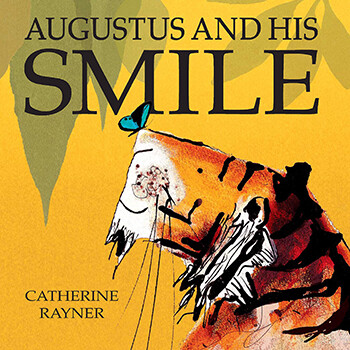
This story reminds children of the simple things in life that bring pleasure. Chosen for its exploration of different environments, emotions and evocative text which allows children exposure to high quality sentence structure; the text encourages children to explore and develop critical writing skills through encouraging prediction, non-chronological report writing and story sequencing.
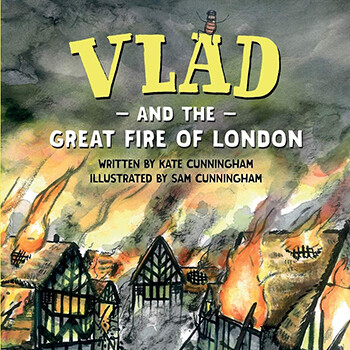
Vlad and the Great Fire of London is a sensitive historical recount that supports our topic of ‘The Great fire of London’. The text is bursting with key features of writing, such as homophones, adjectives, nouns and verbs which are crucial Year 2 skills. Furthermore, the text encourages the development of key comprehension skills and demonstrates numerous phase 5 and 6 phonic patterns.
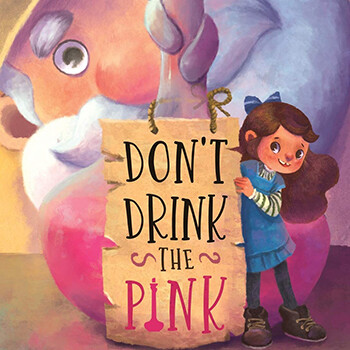
Don’t Drink the Pink follows the special relationship between a Grandfather and Granddaughter. Brimming with imagination, the text explores colour, emotions, number and the life cycle. Alongside facilitating character exploration, prediction and sequencing, the text acts as an introduction to our learning about poetry and rhyme. The text also features an exciting, humorous, yet emotive use of rhyme and repeating phrases that children can participate in.
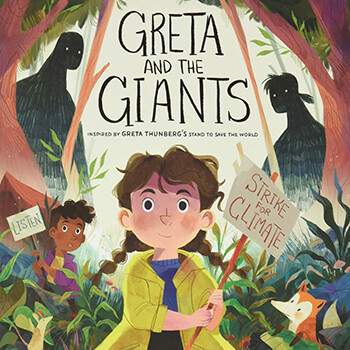
Greta and the Gians uses allegory to raise awareness about the world’s climate crisis in an accessible way to Year 2. Supporting our learning about the environment, the text encourages book exploration, writing for an audience, letter writing and performance, providing the children with a meaningful purpose for their writing.
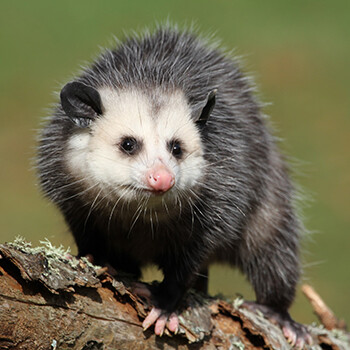
Not a Possum is a beautifully structured poem that supports our topic, Australia, through its exploration of food, habitat and animals. Enhancing and emphasizing speaking and listening skills, this poem allows the children to convey their own ideas, whilst practising fundamental skills vital to Year 2, including rhyme and sentence structure.
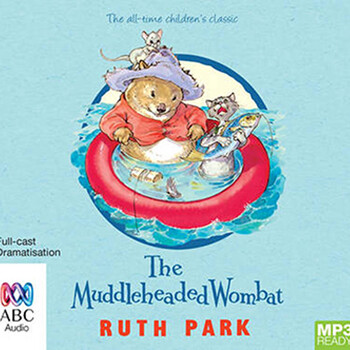
The Muddleheaded Wombat follows the adventure of a young wombat and his quest to find a friend. Supporting our learning about Australia, this text continues to encourage talk for writing, whilst also providing exposure to different verb tenses, suffixes, high quality vocabulary and narrative writing.
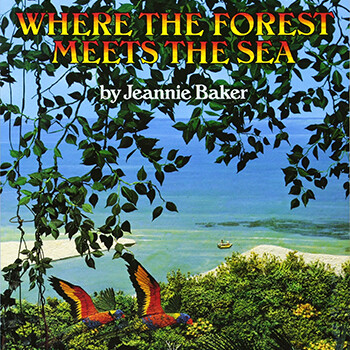
Where the Forest meets the Sea is a fictional text about a boy who travels with his father to a stretch of beach, through a primordial tropical rainforest. Simulating thought and debate about the human impact on our environment, the text supports our learning about The Great Barrier Reef and is set to inspire our non-fictional story writing about life in The Great Barrier Reef. The text also supports our learning through its exploration of now extinct creatures and aboriginal children.
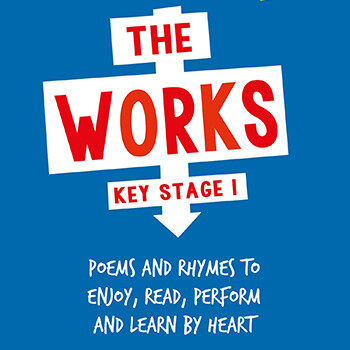
The Works features a range of poems for KS1 and covers many forms and themes. The poems selected for Year 2 promote the love of reading and writing poetry.
Year 1 Texts
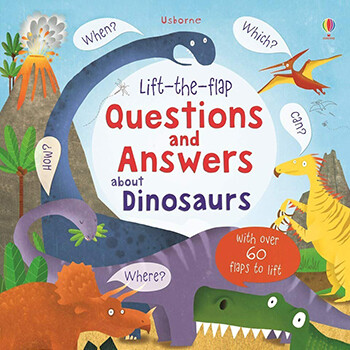
Questions and Answers about Dinosaurs introduces the children to question words such as ‘What, Where, Why and How’ used in the context of our dinosaur topic. It teaches them many facts about dinosaurs in an age appropriate way. It is a good starting point for the children to begin to ask their own questions and develop the understanding of different types of sentences, such as a question and a statement.
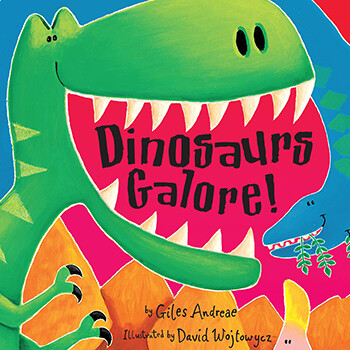
Dinosaurs Galore explores poems in a fun way. It is a short rhyming text that provides an accessible means for children to tune into rhythm and rhyme alongside our dinosaur topic.
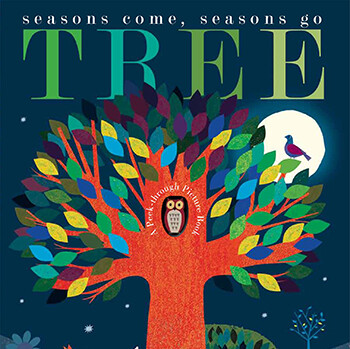
This book links into our topic on seasons. It allows the children to explore the changes of the seasons through the character of an owl living in a tree. The imaginative and descriptive language lends itself to begin exploring adjectives. The children use this to further develop their language skills when talking, reading and writing and using their senses to explore their school garden in autumn and winter. The rhyming text also develops the children’s understanding of rhyming words.
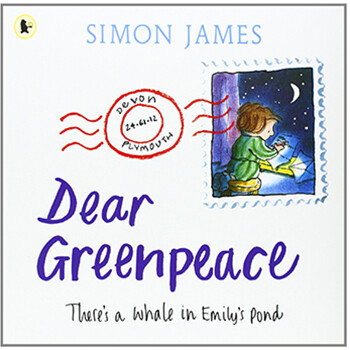
Dear Greenpeace links in with our topic ‘Wild and Wonderful’. Although it is fiction, it is a gentle introduction into discussions about caring for the environment and the conservation of animals. The book is written in the format of an exchange of letters, introducing a different genre of writing to the children. It also allows the children the opportunity to begin to expand their knowledge of writing simple sentences into using ‘and’ to join two clauses.
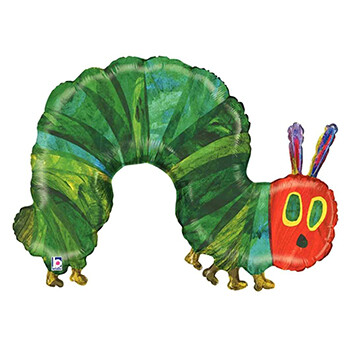
The Very Hungry Caterpillar is a simple story with which the children are often familiar. This allows them to begin to restructure the text to write their own versions of the story. It introduces them to reading and writing the days of the week in order and cements their knowledge of the life cycle of a butterfly, which complements our learning in Science.
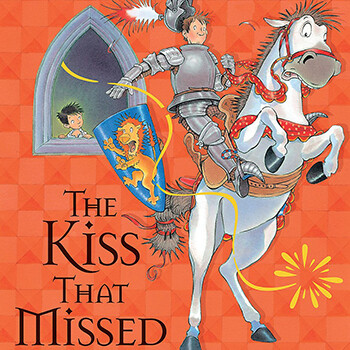
The Kiss that Missed ties in with our topic on Crumbling Castles. We use non-fiction texts to explore castle facts and this is a charming book that complements the factual nature of the topic. The text allows for character exploration and helps develop an understanding of how descriptive language can create characters and settings.
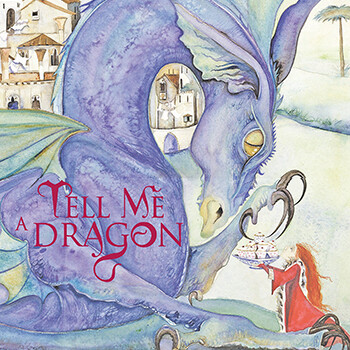
This book builds on the learning Year 1 children have completed on adjectives. The lyrical text and beautiful artwork provide a stimulus for developing the children’s use of descriptive writing, further. The various dragons also lend themselves to exploring how the use of suffixes ‘er’ and ‘est’ can be used in comparative sentence work. The book provides an ideal fantasy companion to our topic on Swords and Shields.
